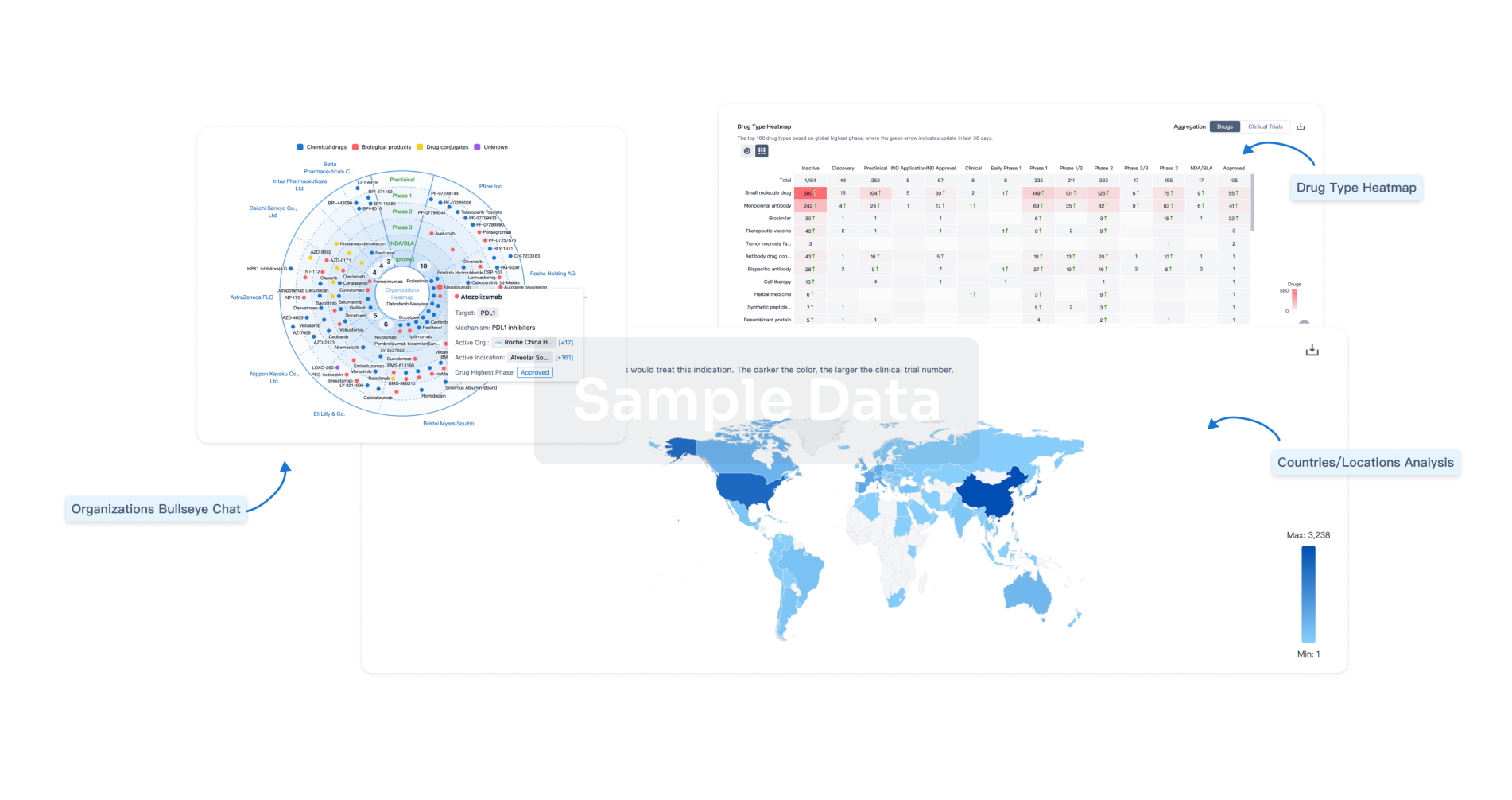Request Demo
Last update 08 May 2025
Complication of renal dialysis
Last update 08 May 2025
Basic Info
Synonyms Complication of renal dialysis, Complication of renal dialysis (disorder) |
Introduction- |
Related
1
Drugs associated with Complication of renal dialysisTarget |
Mechanism mTOR inhibitors |
Active Org. |
Originator Org. |
Active Indication |
Inactive Indication |
Drug Highest PhaseApproved |
First Approval Ctry. / Loc. United States |
First Approval Date15 Sep 1999 |
52
Clinical Trials associated with Complication of renal dialysisNCT05490225
A Study to Evaluate the Safety and Effectiveness of Voyager's Access Device for Patients Undergoing Routine Hemodialysis (Access Cannulation Trial II)
This is a pivotal, interventional, prospective, single-arm, open-label, multi-site clinical investigation intended to support FDA clearance of the study device based on the safety and efficacy of the device in cannulating arteriovenous fistulas (AVFs) for hemodialysis procedures.
Start Date25 Mar 2025 |
Sponsor / Collaborator |
NCT06233838
Prospective, Multicenter, Randomized, Open Label Study on the Efficacy and Safety of Comparison of KHA80 Blood Perfusion Combined With Hemodialysis and Conventional Hemodialysis in Clearing IL-6, β2-MG and PTH in Maintenance Hemodialysis Patients
To evaluate the decreasing rate of blood IL-6, β2-MG and PTH in maintenance hemodialysis patients in the 52nd week compared with routine hemodialysis.
Start Date13 Jan 2025 |
Sponsor / Collaborator |
IRCT20241112063678N1
Effect of Lavender, Peppermint and Rose Oil on Pain and Anxiety Associated with Arteriovenous Fistula Cannulation in Hemodialysis Patients
Start Date01 Dec 2024 |
Sponsor / Collaborator |
100 Clinical Results associated with Complication of renal dialysis
Login to view more data
100 Translational Medicine associated with Complication of renal dialysis
Login to view more data
0 Patents (Medical) associated with Complication of renal dialysis
Login to view more data
5
Literatures (Medical) associated with Complication of renal dialysis01 Jan 2015·NephronQ4 · MEDICINE
Randomized, Double-Blind, Placebo-Controlled, Withdrawal Study of Colestilan after Dose Titration in Chronic Kidney Disease Dialysis Patients with Hyperphosphatemia
Q4 · MEDICINE
Article
Author: Spasovski, Goce ; Wanner, Christoph ; Hertel, Joachim ; Dimkovic, Nada ; Locatelli, Francesco
01 Jun 2002·International Journal of DermatologyQ4 · MEDICINE
Scleromyxedema‐like fibromucinosis in a patient undergoing hemodialysis
Q4 · MEDICINE
Review
Author: Anne Marie McNeill ; Ronald J. Barr
01 Feb 1993·Archives of Dermatology
Hyperpigmentation, bullae, and keratotic papules in a renal dialysis patient. Pseudoporphyria cutanea tarda (PPCT), acquired perforating disorder of renal dialysis (APD)
Article
Author: Ross, M ; White, G M
Analysis
Perform a panoramic analysis of this field.
login
or

AI Agents Built for Biopharma Breakthroughs
Accelerate discovery. Empower decisions. Transform outcomes.
Get started for free today!
Accelerate Strategic R&D decision making with Synapse, PatSnap’s AI-powered Connected Innovation Intelligence Platform Built for Life Sciences Professionals.
Start your data trial now!
Synapse data is also accessible to external entities via APIs or data packages. Empower better decisions with the latest in pharmaceutical intelligence.
Bio
Bio Sequences Search & Analysis
Sign up for free
Chemical
Chemical Structures Search & Analysis
Sign up for free



